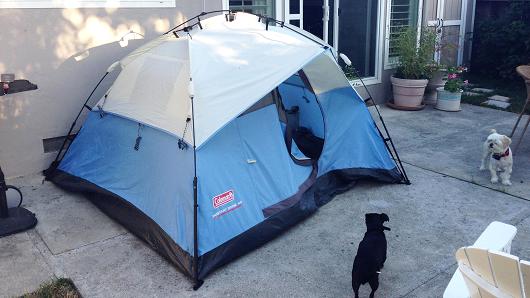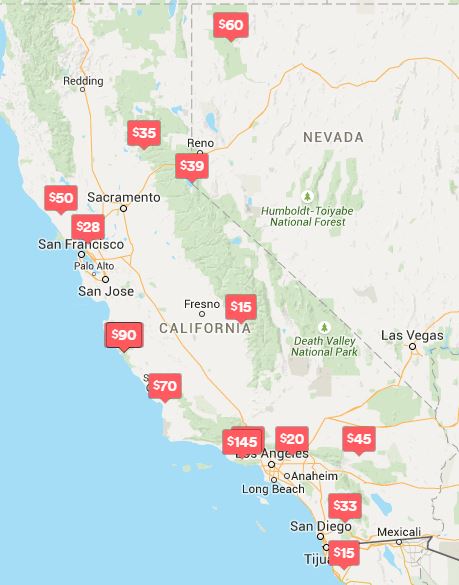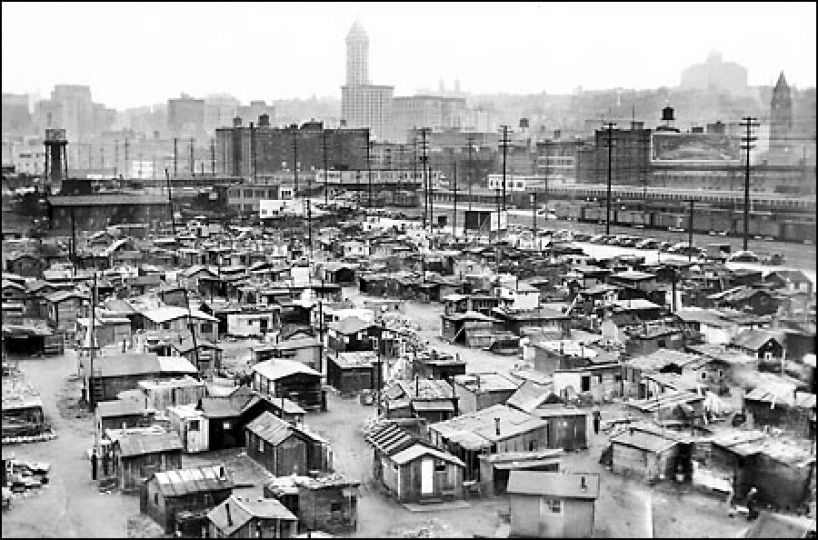Re: Can the Sharing Economy Provide Good Jobs?
heh.
only problem here is the fact that some of us dont EVEN get to sit stuck in chevy's anymore - WE'RE STUCK IN OUR F__KIN subarus!!! (or fill in the blank with yer fave throw-away POS import)
that need $1000 'timing belt replacements' ?
which my phreakin chevy NEVER REQUIRED!!
+3
and here's the laff+yuck du'jour:
A Member Of The Middle Class Responds To Jon Hilsenrath
Originally posted by dcarrigg
View Post
only problem here is the fact that some of us dont EVEN get to sit stuck in chevy's anymore - WE'RE STUCK IN OUR F__KIN subarus!!! (or fill in the blank with yer fave throw-away POS import)
that need $1000 'timing belt replacements' ?
which my phreakin chevy NEVER REQUIRED!!
Originally posted by don
View Post
and here's the laff+yuck du'jour:
A Member Of The Middle Class Responds To Jon Hilsenrath
Dear Mr Hilsenrath and your Central Bank Team,
This is Joe from the disappearing Middle Class in America. You asked me the other day to drop you a note if I felt that something was wrong. What I’m having trouble with is “why” you’re asking me if anything is wrong!?
So let me explain...
This is Joe from the disappearing Middle Class in America. You asked me the other day to drop you a note if I felt that something was wrong. What I’m having trouble with is “why” you’re asking me if anything is wrong!?
So let me explain...




Comment